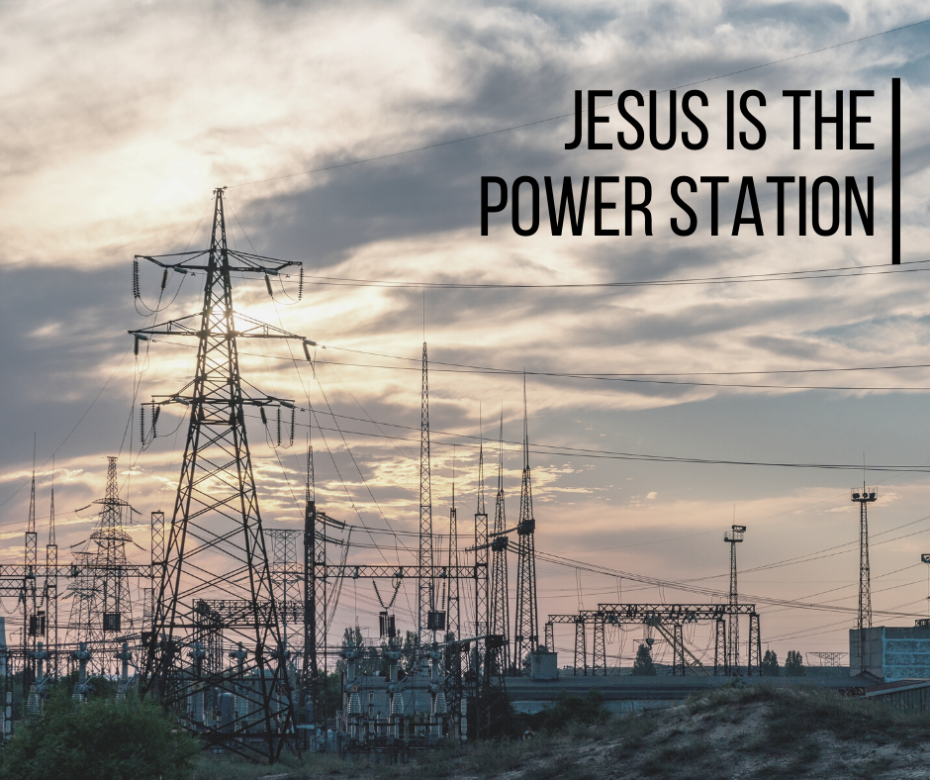The October 28 devotion in Oswald Chamber’s My Utmost for His Highest risks leaving people in the dark about what he meant. I think Chambers is making an important point about the basis of our salvation, but he does it in a potentially confusing way:
I am not saved by believing—I simply realize I am saved by believing. And it is not repentance that saves me—repentance is only the sign that I realize what God has done through Christ Jesus. The danger here is putting the emphasis on the effect, instead of on the cause. Is it my obedience, consecration, and dedication that make me right with God? It is never that! I am made right with God because, prior to all of that, Christ died. When I turn to God and by belief accept what God reveals, the miraculous atonement by the Cross of Christ instantly places me into a right relationship with God. And as a result of the supernatural miracle of God’s grace I stand justified, not because I am sorry for my sin, or because I have repented, but because of what Jesus has done. The Spirit of God brings justification with a shattering, radiant light, and I know that I am saved, even though I don’t know how it was accomplished (October 28).
There are several confusing statements in this passage (e.g., is he making repentance a co-condition with faith for salvation?). But the opening line is especially troublesome: “I am not saved by believing—I simply realize I am saved by believing.” What does that mean? It sounds like Chambers is denying that we’re saved by faith, doesn’t it? After all, he flatly says, “I am not saved by believing.” But is that really what he means?
Not quite.
I think this sentence clarifies it: “The danger here is putting the emphasis on the effect, instead of on the cause.”
Cause and effect. What’s the difference? And how does that apply to “believing” vs “what God has done through Christ Jesus”?
Here’s a simple illustration.
Do you know where Texans get their electricity? Interestingly, most other states share interconnected power grids. Not Texas. We have our own power grids. We produce and consume our own electricity. And we generate that electricity from several sources: coal, natural gas, hydroelectric, nuclear, wind, and solar. Apparently, we’re one of the leaders in growing our renewable energy resources. If you live in Texas, your electricity comes from one or more power stations.
So, where do you get your electricity—from the power stations or from your electrical socket? Obviously, the power comes from the power stations. They are the cause. Your electrical socket is only the means to apply that power to your TV, toaster, or dryer. Getting electricity from your socket is the effect.
That’s the point Chambers is making about believing and the death of Christ. He’s warning against thinking your faith is the power station (i.e., the cause of salvation). It isn’t. The death of Christ is the power station. Believing is the socket God uses to apply the power of salvation to you (i.e., the effect).
Of course, if you don’t believe, you don’t get the power. But believing itself is not the power.
If you were in the dark about what Chambers meant, I hope that sheds some light!


